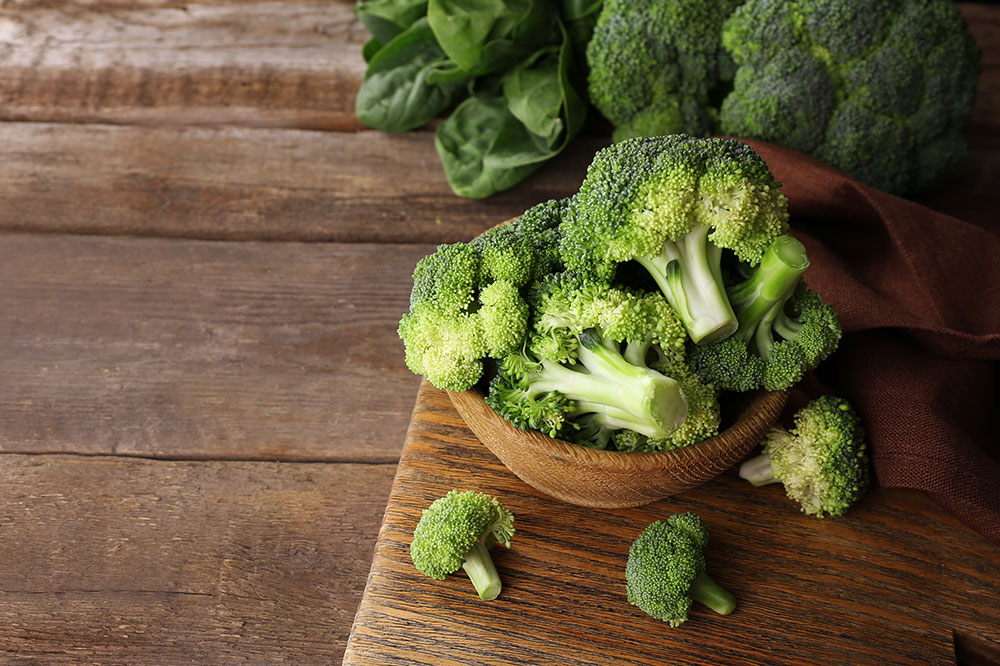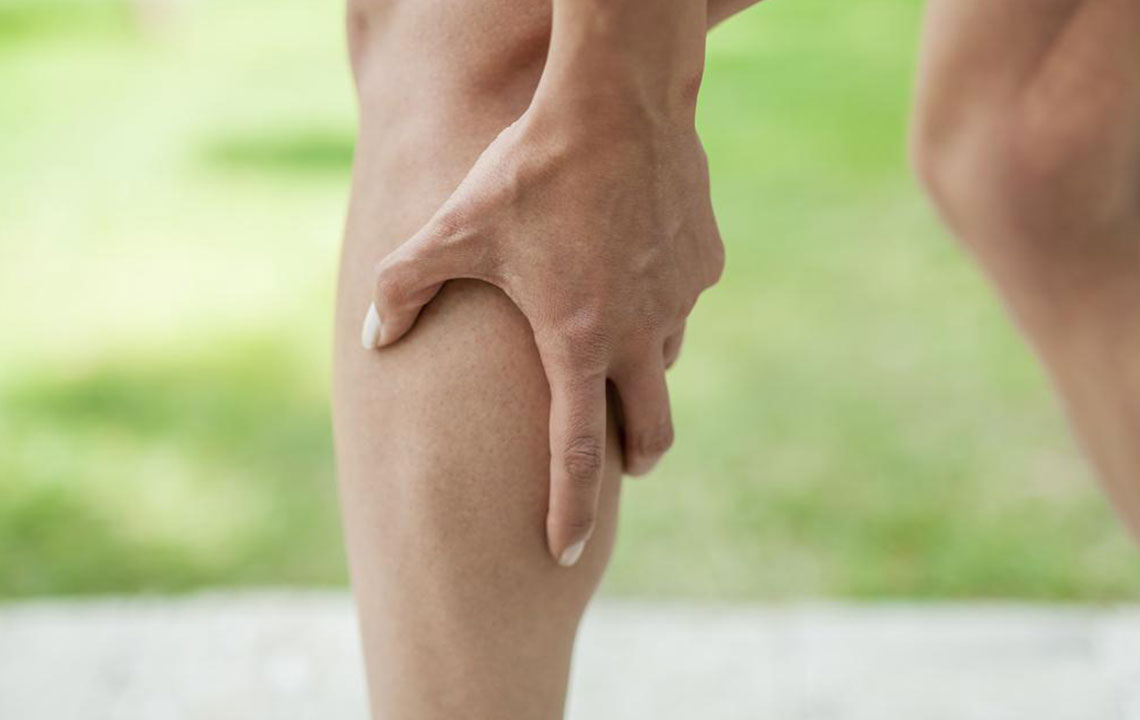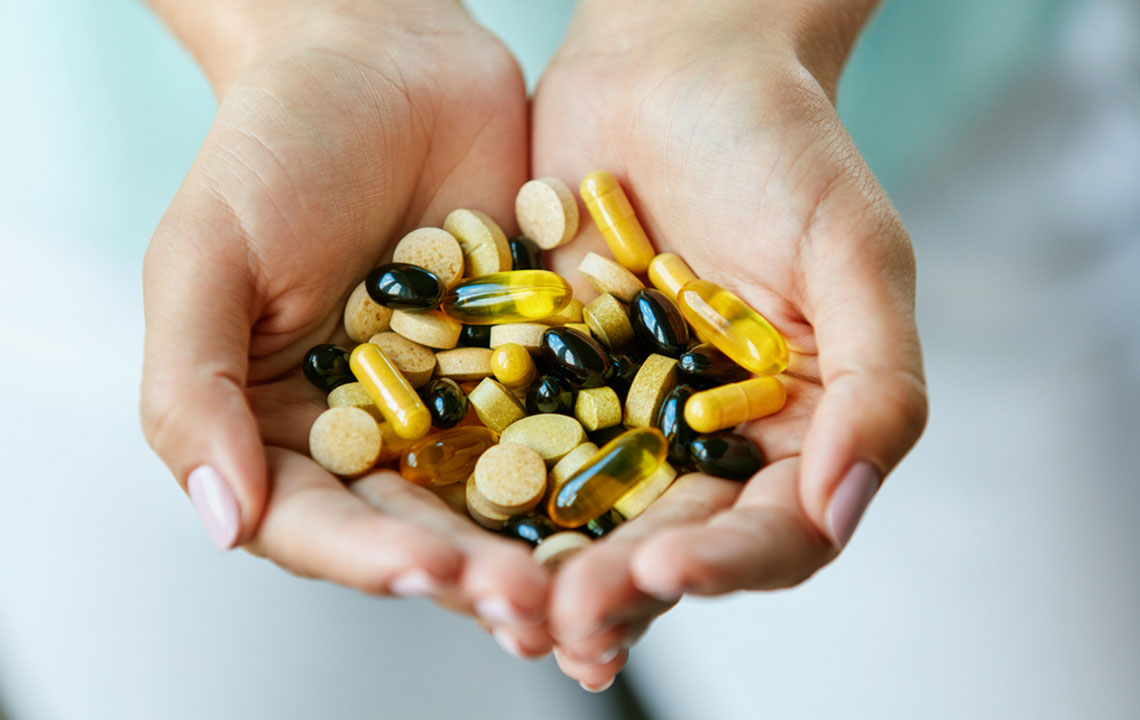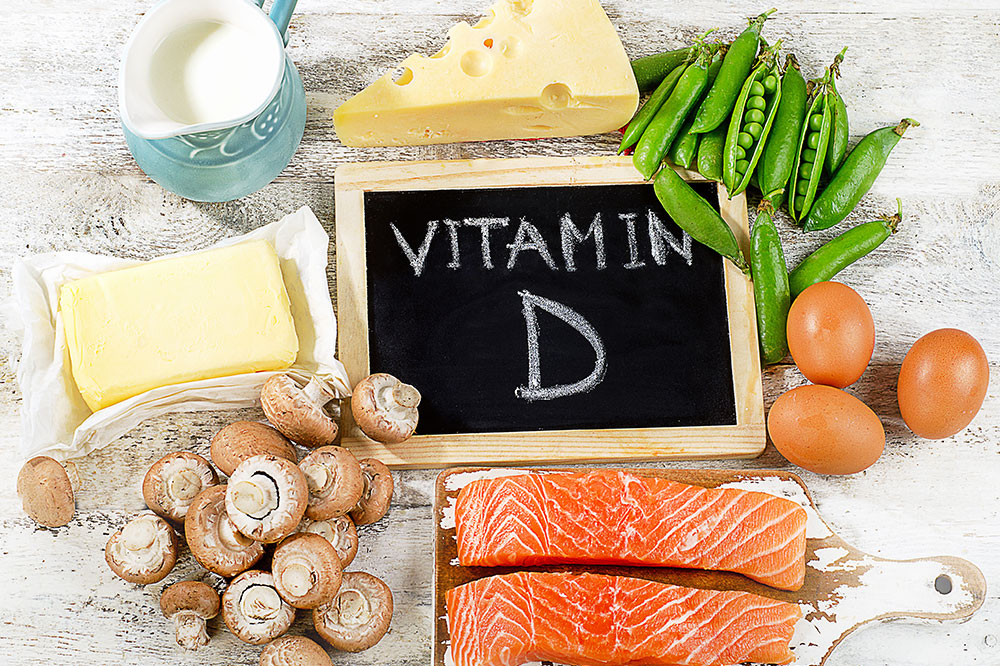Effective Diet Tips to Manage Excessive Sweating
Discover practical dietary tips to control excessive sweating with nutrient-rich foods like hydrating fruits, calcium, magnesium, and green tea. Learn about lifestyle strategies and medical options to manage hyperhidrosis effectively.
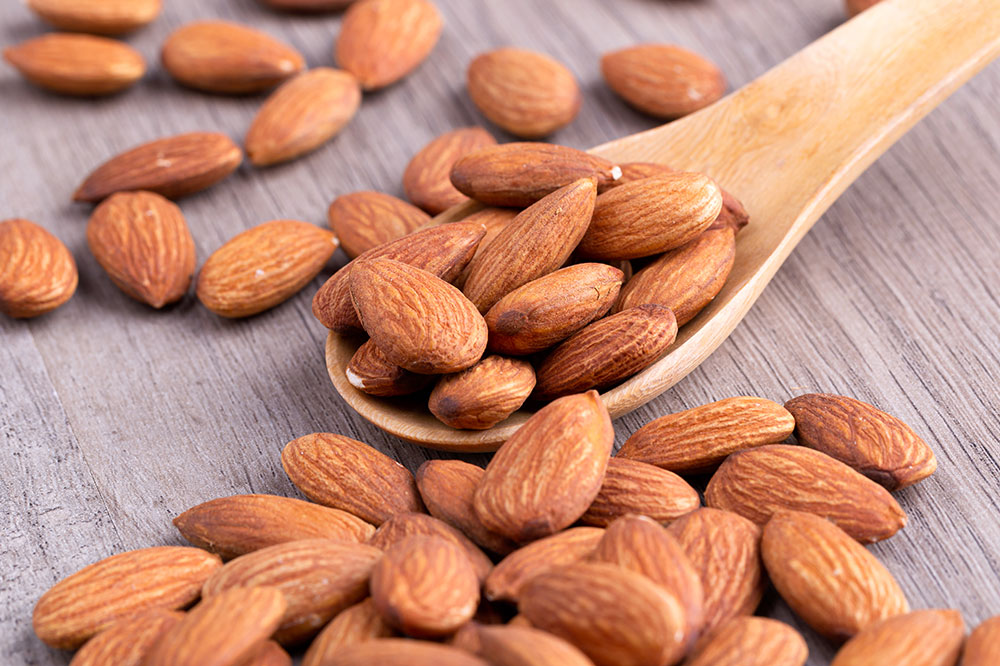
Diet Strategies to Control Excessive Sweating
While sweating is a natural body function that indicates good health, hyperhidrosis—excessive sweating—may stem from underlying issues such as hormonal changes, certain illnesses, or metabolic conditions. A diet rich in specific nutrients can assist in regulating body temperature and minimizing excessive sweating. Here’s a guide to foods that can help keep your body cool and reduce sweat episodes daily.
Recommended foods
Hydrating fruits and vegetables
Consuming foods with high water content can support hydration and better temperature regulation. Incorporate items like melons, apples, citrus fruits, berries, leafy greens, and crunchy vegetables like cucumbers and peppers into your meals, alongside water and low-sugar beverages.
Eating foods such as watermelon, oranges, strawberries, spinach, lettuce, and celery can help in managing excess sweating.
Foods high in calcium
Calcium plays a vital role in controlling body temperature. Incorporate low-fat dairy products like milk, yogurt, cheese, and dark leafy greens. For those on a low-fat diet, choosing reduced-fat versions is beneficial, as high-fat meals can increase metabolic heat and sweating.
Green tea
Decaffeinated green tea is effective in cooling the body and calming nerves, which may reduce sweating. Swapping your regular coffee for tea can be a simple change for better comfort.
Foods rich in magnesium
Including magnesium-dense foods such as almonds, cashews, spinach, soybeans, and dark chocolate helps prevent deficiencies caused by excessive sweating. Magnesium supports immune function and nerve activity.
Healthy fats like olive oil
Olive oil is packed with antioxidants and nutrients that can help lower sweat production. It boosts metabolism and promotes digestion, making it a smart addition for those managing hyperhidrosis.
Hydration
Maintaining proper fluid intake is key. Aim to drink plenty of water throughout the day—carrying a bottle or keeping one nearby helps. While eight glasses is a general guideline, individual needs vary based on activity, environment, and body temperature. Prioritize hydration always.
Foods high in vitamin B
Geared toward supporting metabolism, foods like salmon, lean meats, eggs, and green leafy vegetables are rich in vitamin B. People with sluggish metabolism might experience more sweating, so incorporating these foods can help regulate body processes.
Besides dietary adjustments, Botox injections are a medical option for hyperhidrosis. FDA-approved primarily for underarm sweating, Botox relaxes sweat gland activity but can be costly and not always covered by insurance. Consult a healthcare provider before considering this treatment.

